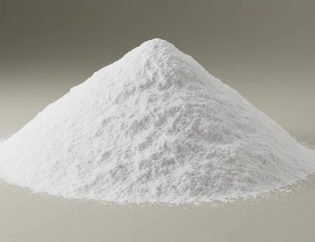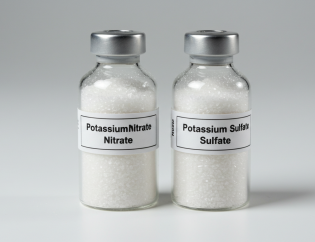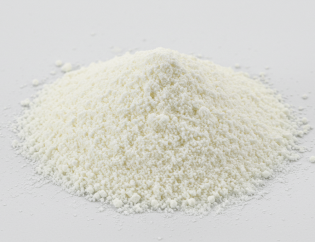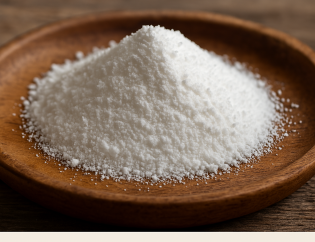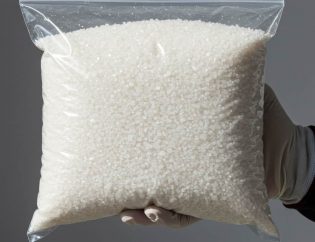
The Effect of Fertilizers on Crops
Fertilizers play a key role in increasing agricultural productivity and improving crop quality. Plants require a variety of essential nutrients to grow healthily, and fertilizers provide these nutrients in a concentrated and effective manner. In this article, we will discuss the effect of fertilizers on crops, their types, benefits, and best practices for their use.
First: What are the types of fertilizers?
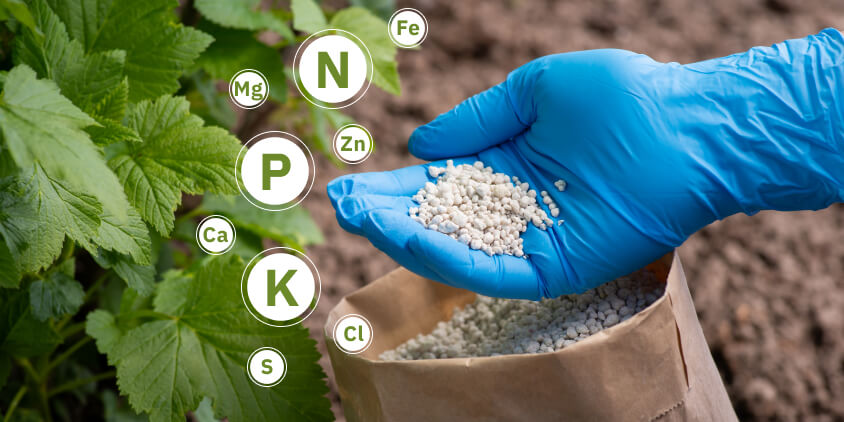
Fertilizers are natural or synthetic substances that contain nutrients that support crop growth. They can be classified into:
1- Organic fertilizers: such as manure, compost, and animal manure.
2- Chemical fertilizers: such as nitrogenous, phosphate, and potassium fertilizers.
3- Liquid fertilizers: such as ammonium polyphosphate (APP) and chelated fertilizers
Second:
The Effect of Fertilizers on Crop Growth and Production
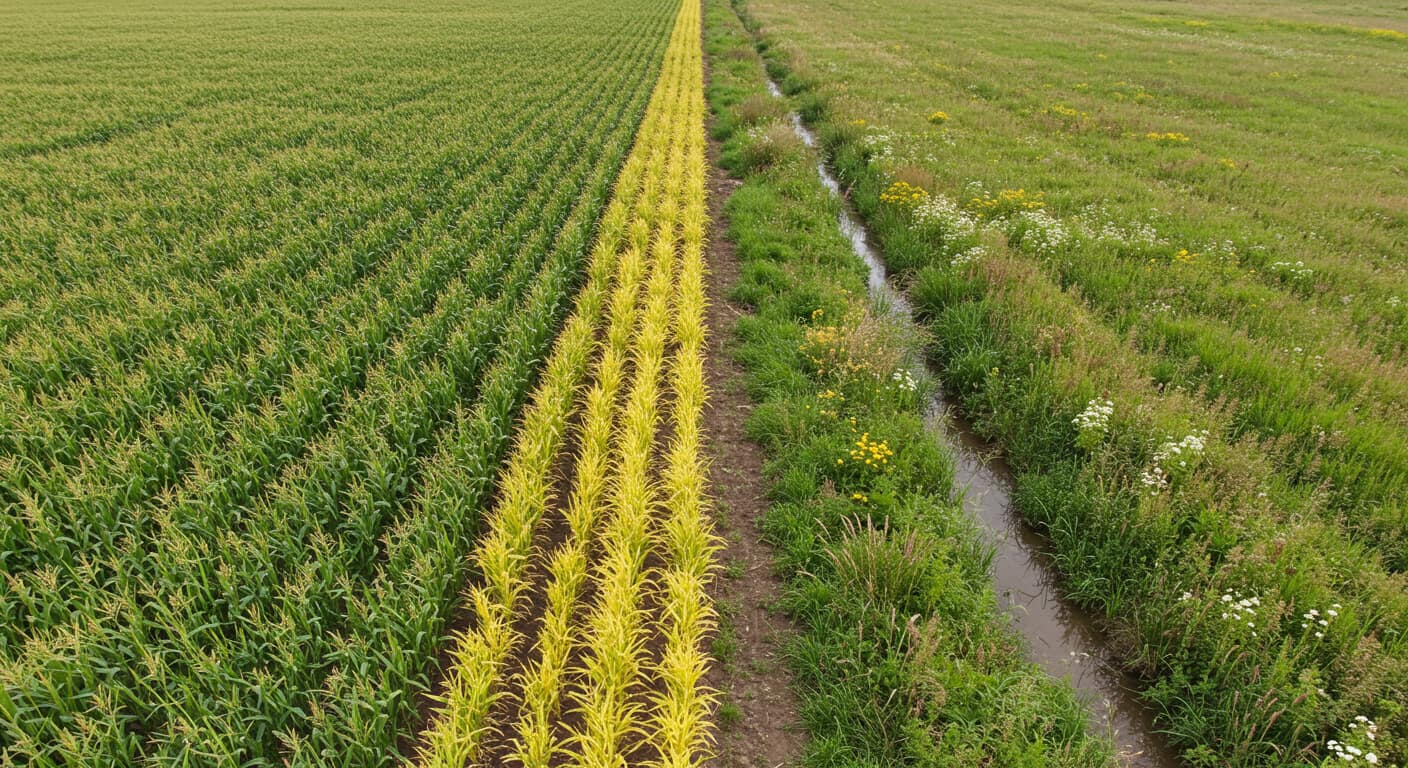
Crop health and productivity depend on the correct balance of nutrients provided by fertilizers, including:
Nitrogen (N): Promotes vegetative growth and is important for plant leaves.
Phosphorus (P): Promotes root growth and flowering, and increases disease resistance.
Potassium (K): Helps improve fruit quality and increase crop tolerance to harsh conditions.
Micronutrients: such as iron, zinc, and magnesium, which stimulate vital plant reactions.
Third: The Importance of Using Fertilizers in Agriculture
Increasing productivity: Fertilizers enhance crop growth and density, leading to more abundant yields.
Improving crop quality: Balanced fertilization leads to larger and better-quality fruits.
Increasing disease resistance: Fertilizers contribute to strengthening plants' natural defense systems.
Enhancing soil fertility: Some fertilizers, such as organic fertilizers, help improve soil structure and increase the activity of beneficial microorganisms.
Fourth: Environmental impacts of using fertilizers
Indiscriminate use of fertilizers can lead to environmental problems, such as:
Groundwater pollution due to nitrogen leaching.
Greenhouse gas emissions from nitrogen fertilizers.
Increased soil salinity due to excessive use of chemical fertilizers.
The solution? Use environmentally friendly fertilizers, such as organic fertilizers and biofertilizers, and implement careful fertilizer management.
Fertilizers are essential for sustainable agricultural production, providing plants with the nutrients they need for growth. However, they must be used wisely to ensure high-quality production without harming the environment.
Do you have questions about the best fertilizers for your crop?
Contact us via email at dana@danatekco.com
